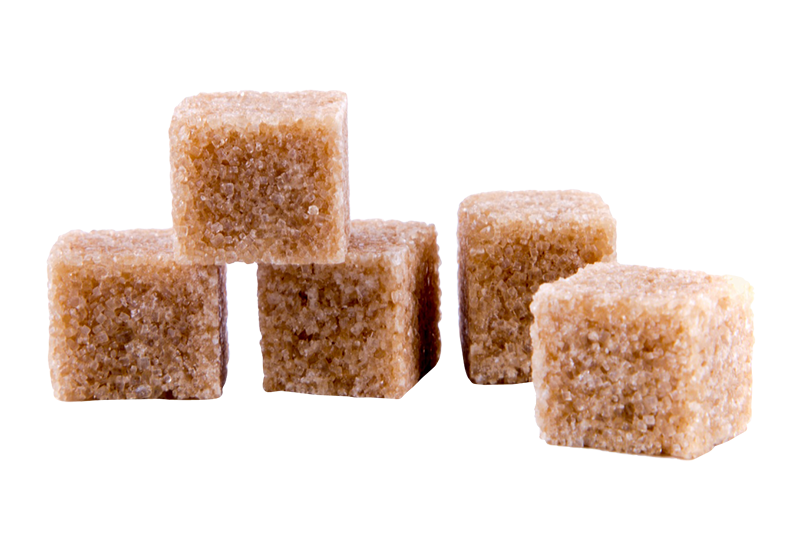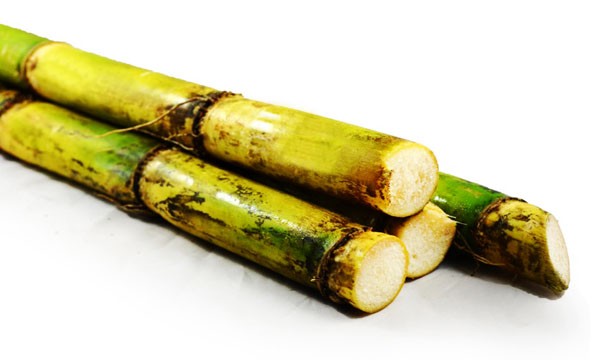Cane Sugar Processing: Cutting-edge Methods for Quality Manufacturing
Cane Sugar Processing: Cutting-edge Methods for Quality Manufacturing
Blog Article
A Detailed Summary of the Health and Economic Ramifications of Cane Sugar Handling on Local Communities
Walking cane sugar handling plays a critical function fit the financial landscape of neighborhood communities, using work chances and boosting secondary sectors. Nevertheless, the health implications associated with high sugar intake can not be forgotten, as they add to increasing prices of weight problems and diabetes. This nuanced dynamic welcomes a vital assessment of exactly how communities can maximize financial gains while dealing with journalism health and wellness difficulties they face. The expedition of educational campaigns and lasting practices may just hold the secret to reconciling these conflicting interests. What techniques might neighborhoods carry out to achieve this equilibrium?
Financial Advantages of Cane Sugar Processing
Cane sugar processing uses significant economic benefits that prolong beyond the immediate agricultural field. The farming and handling of sugarcane produce numerous job opportunities, from farming to manufacturing and distribution. This work generation not only supports regional economic situations yet additionally promotes area development by providing steady earnings sources for family members.
Furthermore, the sugar industry promotes supplementary services, including transportation, equipment supply, and packaging solutions (Cane Sugar Processing). As these markets grow, they contribute to an extra durable economic framework, boosting total area strength. The export potential of processed walking stick sugar better enhances financial advantages, positioning regions as affordable gamers in international markets
Investment in modern-day handling centers can bring about increased productivity and effectiveness, thus lowering waste and optimizing source usage. This change not just benefits the regional economy but also supports sustainability efforts by minimizing environmental impacts.
Additionally, the income generated from walking stick sugar handling can be reinvested in regional facilities, education, and medical care, advertising holistic neighborhood development. Generally, the economic advantages of cane sugar handling are complex, offering a foundation for sustaining success in agricultural areas.
Health And Wellness Dangers Related To Sugar Usage
Excessive sugar intake positions substantial wellness dangers that call for major focus. High consumption of sugarcoated, specifically from processed drinks and foods, has actually been connected to numerous health issues. Among the most pressing problems is weight problems, as sweet diet regimens contribute to a boosted caloric intake without providing vital nutrients. This unwanted can bring about metabolic disorders, consisting of kind 2 diabetes mellitus, which has actually ended up being progressively widespread in both children and grownups - Cane Sugar Processing.
Additionally, high sugar intake is connected with heart disease. Elevated blood glucose levels can lead to insulin resistance, a forerunner to different heart-related problems. Furthermore, sugar can have detrimental results on oral health, leading to cavities and gum tissue illness, as germs in the mouth prosper on sugar, producing acids that deteriorate tooth enamel.
Moreover, emerging research study recommends a potential web link between high sugar intake and mental wellness problems, such as anxiety and anxiousness. As areas come to grips with these health and wellness risks, it becomes vital to promote understanding and motivate healthier nutritional selections. Dealing with sugar intake is critical not just for individual wellness yet additionally for the general wellness of local neighborhoods, stressing the demand for detailed public wellness methods.
Ecological Influences of Sugar Production
Often ignored in discussions concerning sugar's implications is the substantial environmental impact of sugar manufacturing. The farming of sugarcane frequently necessitates considerable land usage, leading to deforestation, loss of biodiversity, and disruption of regional environments. The conversion of woodlands and marshes into sugar haciendas can cause habitat damage, threatening various varieties and changing eco-friendly balance.
Furthermore, sugar production is resource-intensive, consuming substantial quantities of water for watering. This can result in deficiency of local water sources, detrimentally impacting both farming practices and area access to clean water. Furthermore, using chemical fertilizers and chemicals in sugarcane farming can add to dirt destruction and water pollution, as drainage from these chemicals enters nearby rivers and lakes, influencing aquatic life and human wellness.
The environmental footprint encompasses the processing phase, where power usage and waste generation further worsen ecological problems. Air contamination from melting sugarcane areas, together with greenhouse gas discharges, add to environment modification. Because of this, the environmental implications of sugar manufacturing warrant significant consideration, urging stakeholders have a peek here to take on even more lasting techniques to mitigate these unfavorable results on regional ecosystems and neighborhoods.
Work Development and Community Development
The ecological challenges postured by sugar manufacturing are typically reversed by its possibility for financial advantages, particularly in job creation and area advancement. The cane sugar market works as a substantial source of work in many country locations, offering jobs throughout various ability levels, from farming labor to processing and distribution roles. This work not just supports specific families but additionally adds to the overall financial vigor of regional neighborhoods.
Moreover, the establishment of sugar handling centers promotes supplementary organizations, such as transportation services, tools supply, and upkeep companies. As these services prosper, they produce extra tasks and reinforce local economic climates. The earnings produced from the sugar sector likewise causes raised tax obligation incomes, which can be reinvested right into neighborhood services such as facilities, education, and medical care development.
Moreover, the sugar market commonly engages in community advancement efforts, such as supporting neighborhood schools and wellness programs, consequently boosting the top quality of life for citizens. By promoting solid neighborhood connections and promoting economic development, the walking stick sugar handling field plays a crucial function in uplifting neighborhood populaces, making it a vital part of sustainable growth techniques in sugar-producing regions.
Balancing Health And Wellness and Economic Development
In navigating the intricacies of cane sugar handling, a crucial difficulty hinges on stabilizing wellness considerations with financial growth. The sugar market considerably adds to local economic climates by creating tasks, promoting associated fields, and raising tax profits. Nevertheless, the health effects connected with extreme sugar consumption can lead to persistent conditions such as obesity, diabetes mellitus, and cardio issues, which can problem public health and wellness systems and decrease workforce productivity.

In addition, governing frameworks can play a pivotal duty in guiding market techniques in the direction of even more sustainable and health-conscious approaches. By promoting collaboration in between government bodies, wellness companies, and the sugar sector, communities can browse the dichotomy of health and financial development, making sure that the advantages of cane sugar handling are equitably shared while prioritizing public health.
Final Thought
Finally, the processing of cane sugar offers both considerable economic benefits and remarkable health dangers for local neighborhoods. While it promotes work development and promotes local growth, the connected health issues, especially relating to excessive weight and diabetic issues, necessitate a cautious balancing act. By advertising accountable intake and investing in community education and sustainable methods, it is possible to make best use of financial advantages while lessening adverse health and wellness effects, thus making certain a healthier future for neighborhood populaces.
Additionally, sugar can have damaging impacts on oral health and wellness, resulting in dental caries and gum tissue illness, as germs in the mouth grow on sugar, producing acids that deteriorate tooth enamel.
Addressing sugar intake is critical not only for individual health yet additionally for the total health of regional neighborhoods, emphasizing the demand for thorough public health approaches.
Frequently neglected in discussions regarding sugar's implications is the considerable environmental effect of sugar production. The health and wellness ramifications connected with excessive sugar intake can lead to chronic illness such as obesity, diabetes mellitus, and cardiovascular issues, which can burden public health and wellness systems and lessen workforce productivity.

Report this page